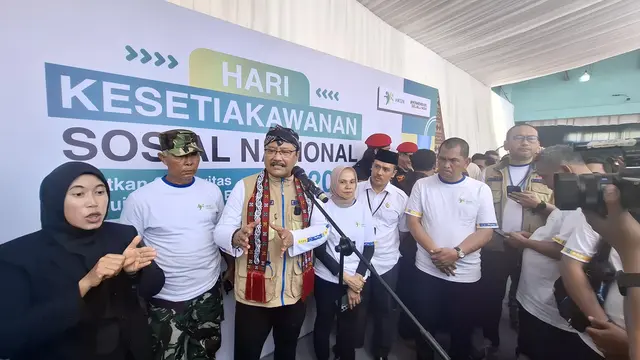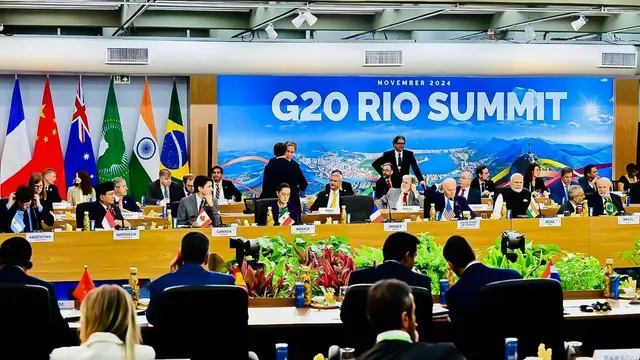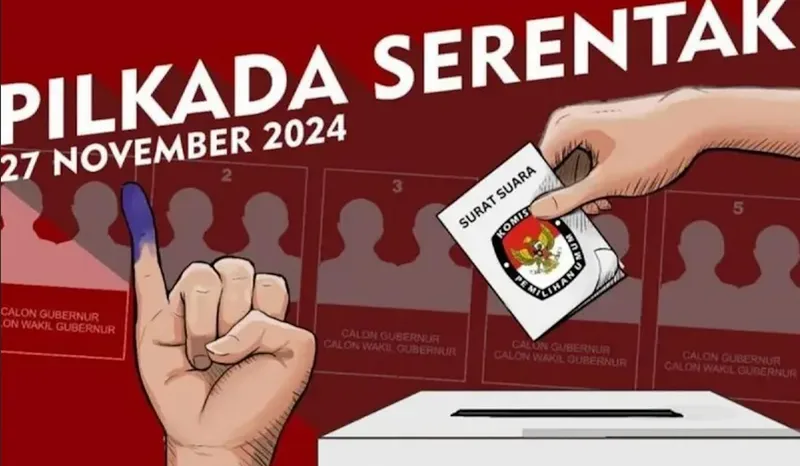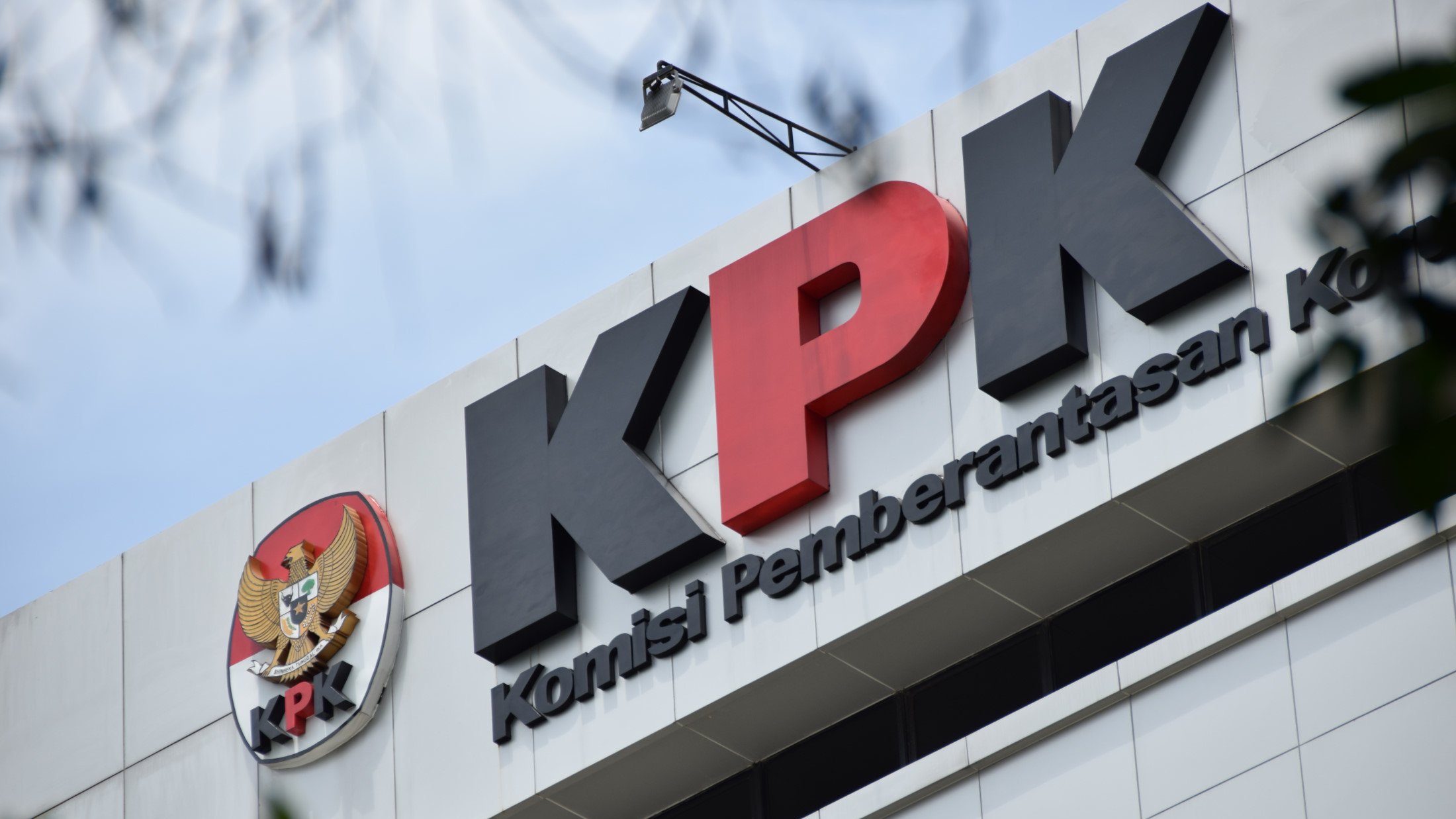Lampung – Minister of Social Affairs, Saifullah Yusuf, highlighted the misallocation of social assistance (bansos) during a dialogue with the community in Margodadi Village, Ambarawa District, Pringsewu Regency, Lampung, on Friday (20/12/2024). In the dialogue, a resident complained that he, who should have been entitled to receive social assistance, did not receive it, while others who were deemed unworthy actually received the aid.
“Earlier, I was with the Regent and Forkopimda having a dialogue with the community in one of the villages.” One of the residents expressed that he is entitled to receive social assistance, but he actually does not receive it. On the contrary, others who are not entitled to it actually receive it. “This problem often occurs,” said Gus Ipul, the familiar nickname of the Minister of Social Affairs, Saifullah Yusuf.
Gus Ipul emphasized the importance of using accurate data to ensure that social assistance programs run effectively and are targeted correctly. Currently, the government is consolidating data on aid recipients as directed by President Prabowo Subianto.
“The data of the aid recipients is being reprocessed.” The President emphasized the importance of working with accurate data. The data used later will be based on the single socio-economic data managed by the Central Bureau of Statistics (BPS), he explained.
He also highlighted the dynamics of social assistance recipient data. Changes such as deaths, relocations, or changes in the economic conditions of residents necessitate continuous updates to the data. He urged village heads, sub-district heads, and social assistants to present accurate data through official channels.
In addition, the Cek Bansos application is also relied upon to support transparency. Through this application, he said, the public can propose or contest the data of social assistance recipients who are deemed unworthy.
“Until now, there have been more proposals than objections.” However, objections from the community are very important to ensure accurate data. “If there are any ineligible recipients, report them with sufficient evidence,” he emphasized.
Gus Ipul also reminded that social assistance is temporary and conditional, such as the Family Hope Program (PKH) which requires pregnant women to have health check-ups or food assistance to meet basic needs.
“Bansos is not assistance that can be freely used for any purpose.” “This program is a temporary social protection for the basic needs of the community,” he stated.
He also highlighted a number of social assistance recipients who have remained in the program for years without any effort to become self-sufficient. For that reason, he invites those who have successfully escaped poverty to set an example for others.

Furthermore, he emphasized the importance of the role of social assistants. He targets each companion to assist at least 10 Beneficiary Families (KPM) each year to become independent and exit the social assistance program.
“If it’s less than 10, the assistant will be reassigned.” The companions must be ready to work hard and assist the community towards independence. It is hoped that future social assistance programs can be more targeted and provide maximum benefits to the communities that truly need them,” he concluded.






Leave a Reply